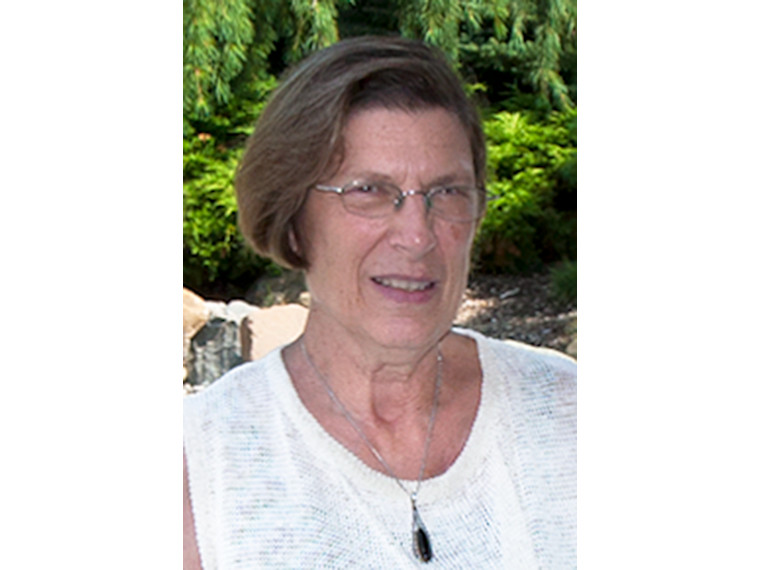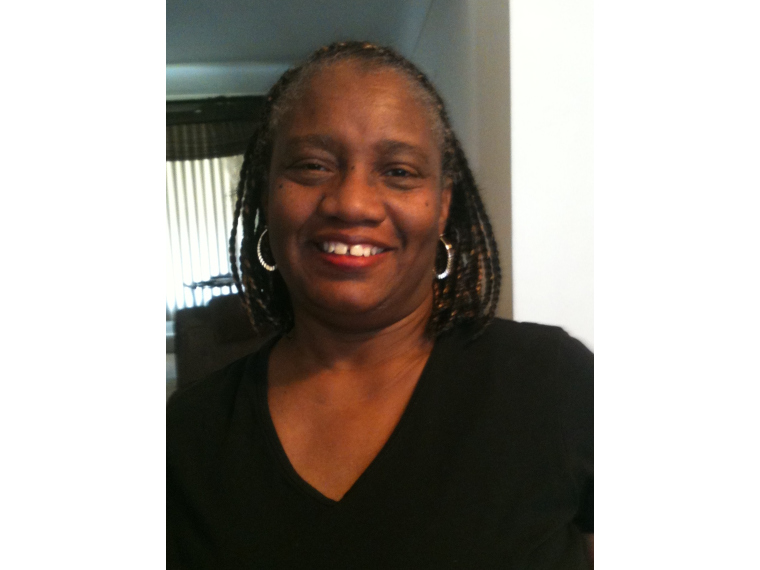Featured photo: Flint First Poet Laureate Semaj Brown
Written by Tanya Terry
According to Flint First Poet Laureate Semaj Brown, poetry advances the quality of life of citizenry when organized as a precious power tool.
Brown, who was part of a fellowship that ended June 4, presented a P3 project: Flint Reads Poetry with People’s Church of Flint Early Allies-Transcendentalist Poetry. The transcendentalists were New Englanders, existing from early to middle years of the 19th century, who held a core belief core belief in the inherent goodness of people and nature. By 1860, the transcendentalists writer’s movement had pretty much come to an end.
Brown noted the transcendentalists were environmentalist, abolitionists, they believed in women’s rights, and they were always questioning themselves. This installation was the third within the Flint Reads Poetry Series, with the first being Harlem Renaissance poems and the second being Civil Rights poems.
Five readers read poems by one transcendentalist each. Each reader also read a poem by Walt Whitman, who Brown referred to as “the American thread that was exported all over the world.” Discussion was held between each of the poems, as well.
Brown is the recipient of the prestigious American Academy of American Poets Poets Laureate Fellowship Award for 2021. She is an author, education, university lecturer, playwright and a builder of elementary through high school curriculum installations. Her published essays have been featured on Stateside Michigan Public Radio and the University of Michigan Law School. Brown will be keynote speaker at the Michigan Council of Teachers of English at Ambush Centennial Conference this fall in Lansing, Michigan.
Linda Angus, co-host with Brown, a member of the People’s Church of Flint (formerly known as Woodside Church), was also one of the readers. Angus was born on the east side of Flint and received a Flint Public School education. She taught English at Flint Northwestern High School.

Daroyln Brown, Semaj Brown’s literary consultant, is also a poet, novelist, holds a master’s degree from Wayne State University and has been a teacher of English and creative writing for about 35 years with the Detroit Public Schools.

Tom Travis, another reader, has been managing editor of East Village Magazine since 2019 and the music leader at People’s Church of Flint since 2016. He has worked with Social Services with Flint’s housing challenged population for 11 years, and has worked in nonprofit work for most of his life.

John McElwee was another reader. He was a Vietnam veteran and also attends People’s Church of Flint. He is retired from both the City of Flint Water Department and Homeland Security. He is a father, grandfather and great grandfather.

When discussing the poems, the readers thought them to be about topics ranging from the relationship between nature and poetry, writing itself, global warming, war and other subjects.
“No doubt the themes are consistent with our themes today,” Semaj Brown said.
Darolyn Brown read “Wait Not Till Slaves Pronounce the Word” by Henry David Thoreau.
The poem reads, in part:
Wait not till slaves pronounce the word
To set the captive free,
Be free yourselves, be not deferred,
And farewell slavery.
Ye are all slaves, ye have your price,
And gang but cries to gang.
Then rise, the highest of ye rise,
I hear your fetters clang.
Darolyn Brown said she believed the poem was a call to action, and it reminded her of both the Black Lives Matter Movement and the protests after George Floyd’s murder.
Semaj Brown pointed out one who enslaves or who says nothing while slavery exists is like a slave themself.
Travis read “I Hear American Singing” by Walt Whitman, and said it made him think about how there isn’t enough singing today.
In the poem, carpenters, boatmen, masons, boatman, deckhands, shoemakers, a young wife, a mother and a girl sewing and washing were all singing as they went about their daily activities.
“I love that poem because it’s such a great example of what wasn’t,” Semaj Brown said. “It’s so ideal. What wasn’t and what isn’t.”
Later in the presentation, the panel of readers discussed how poetry can be the beginning of mythmaking, can be aspirational or could even be a prayer.
Reads Poetry is made possible by the Academy of American Poets out of New York, New York, with funds from the Andrew Mellon Foundation.
Brown’s new collection of poetry, slated for publication by Wayne State University Press, interprets the iconic year 2020.

